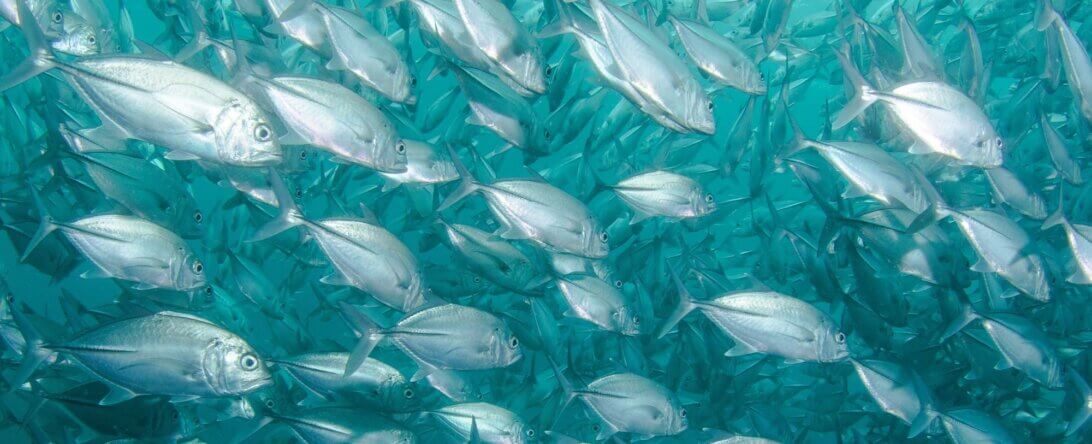Help Stop the Next Pandemic Before It Starts—End Speciesism
What do influenza, swine flu (H1N1), Middle East respiratory syndrome (MERS), human immunodeficiency virus (HIV), severe acute respiratory syndrome (SARS), Ebola, and COVID-19 have in common? They’re all zoonotic diseases. Factory farms and “wet markets” (aka “live-animal markets,” where vendors sell both live and dead animals for human consumption) cause immense suffering for animals—and are hot spots for the next pandemic.

Animals exploited for food live in a constant state of intense confinement, fear, pain, deprivation, and loss. They don’t get to FaceTime their friends, farmers or vendors don’t care if they’re sick or injured, and people look away from the graphic violence they endure. Humans find many ways to ignore, justify, and dismiss the feelings and suffering of other species. It’s time to make these things impossible to ignore.
Facts About the Coronavirus and Animal Agriculture
COVID-19 is proof that speciesism causes pandemics, and it demonstrates how hurting other animals hurts humans in return. We are all connected. And whether an animal is at a live-animal market overseas or on a factory farm or at a slaughterhouse in your hometown, when one suffers, we all suffer.

Amid all of today’s uncertainty and anxiety, humans continue to stock up on meat, even though doing so accelerates climate change, causes water and air pollution and deforestation, leads to vicious wildfires, and sows the seeds of the next pandemic. Eating animals not only is devastatingly destructive to the animal victims, human health, and the future of the planet but also has been responsible for mandatory lockdowns and a global economic panic.

Disease ecologists say that viruses and other pathogens are likely to move from animals to humans in markets where animals are slaughtered and sold. Public health experts believe that COVID-19 originated at a wet market in China. As long as there’s a demand for animals’ flesh, the chances of another pandemic will keep increasing.

The effects of the novel coronavirus have been unprecedented, and nearly everything has changed in unforeseen ways. The only thing we can be certain of in these uncertain times is that another pandemic will arise if we continue to confine and exploit animals for food. Wearing medical masks won’t be enough to save humankind—unless we’re using them to keep animals out of our mouths.
*****
Humans often try to find any reason to believe that we’re superior to other species. We think we’re smarter, even though dolphins and pigs show self-awareness, problem-solving skills, and even empathy. We think we—not lions—are at the top of the food chain, despite all the physiological signs pointing to our plant-eating nature. We outright deny other animals’ capability of feeling emotions—even though cows and elephants grieve and dogs miss us when we’re away. And we think animals such as fish and lobsters don’t feel pain, even though science proves us wrong.
These are all examples of speciesism, and this mistaken belief can creep into any part of our lives. Find out what speciesist activities might be going on in your school and how to help replace them with compassionate options.
Text peta2 to 30933 for ways to help animals, tips on compassionate living, and more!

Terms for automated texts/calls from peta2: http://peta.vg/txt. Text STOP to end, HELP for more info. Msg/data rates may apply. U.S. only.




